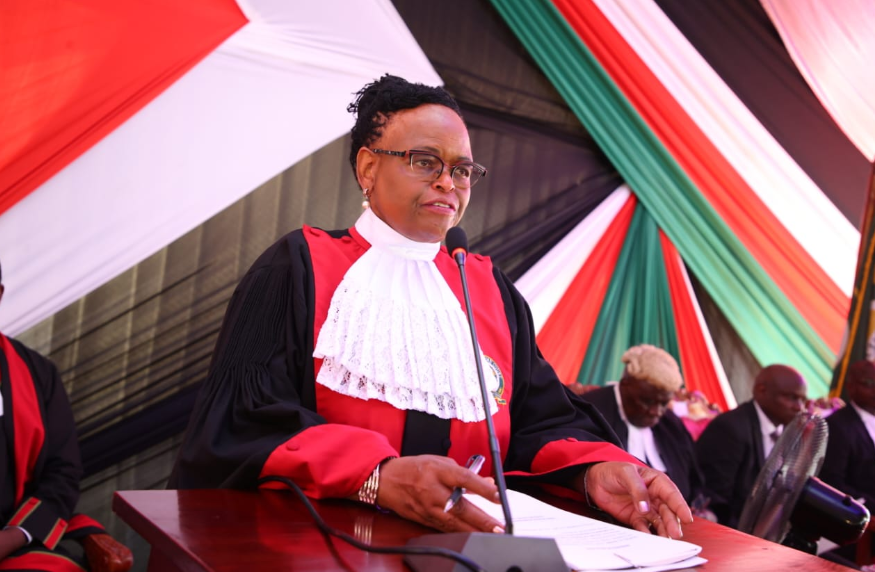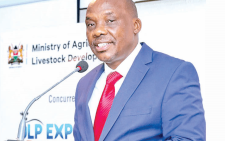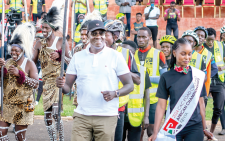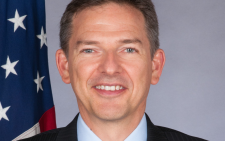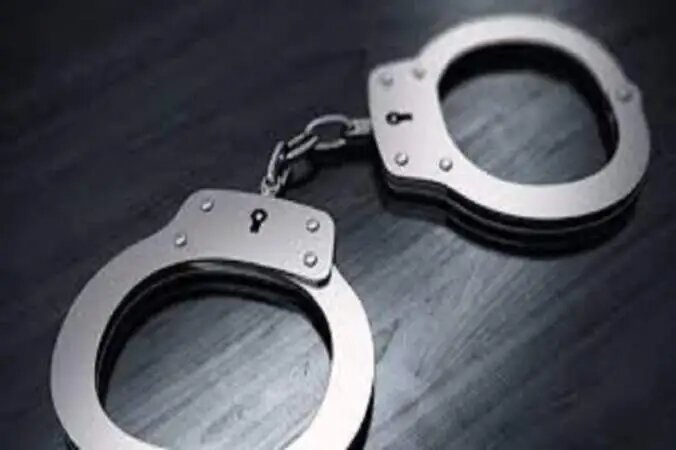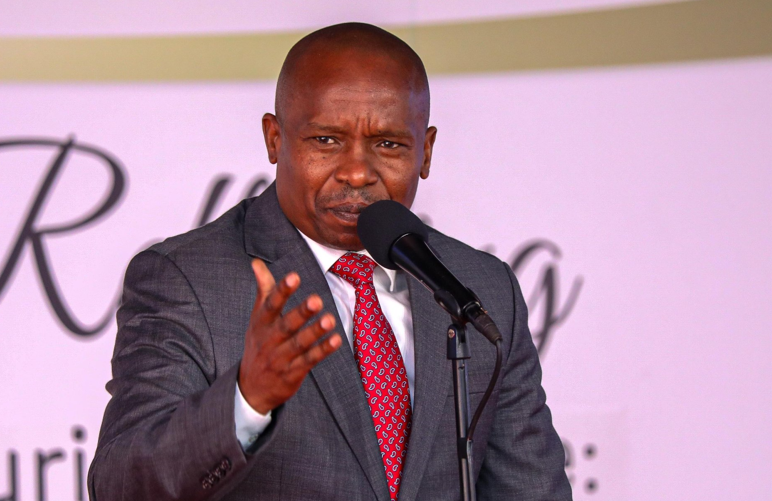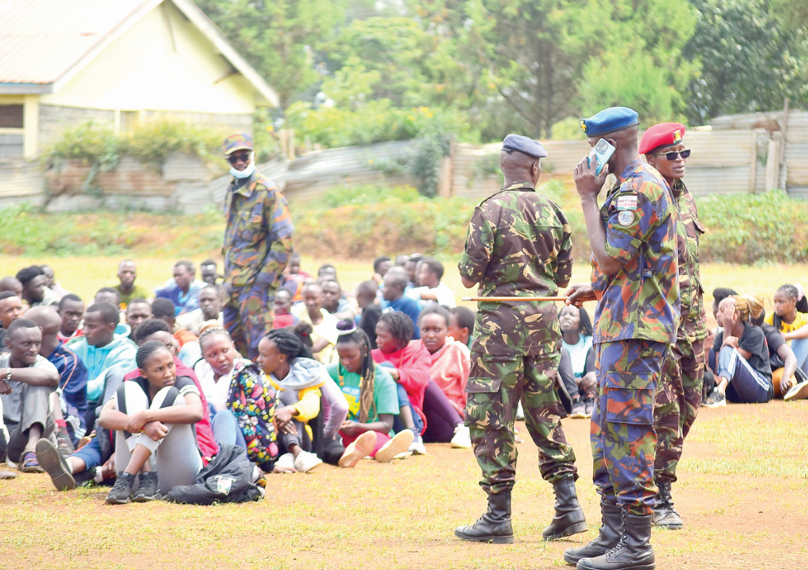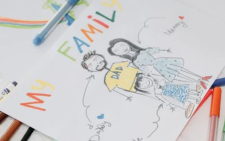Kenya joins neighbours in civic space rating infamy

Even as the National Assembly’s Administration and Security Committee recently dismissed the Assembly and Demonstration Bill, 2024 as “nothing new”, the cruel and brutal clampdown on youth-led anti-tax protests in June and July had already taken its toll on the country’s civic space rating and global reputation.
If passed and signed into law, the bill sponsored by Mbeere North MP Geoffrey Ruku would impose stringent State controls on the right to protest, over and above the draconian provisions of the Public Order Act.
The anti-protest bill was tabled in the same week the Public Benefit Organisations Regulatory Authority, successor to the defunct NGOs Coordination Board, put 2,802 organisations under its watch on notice for deregistration, for their failure to file returns for periods ranging from one to 20 years.
CIVICUS, a global alliance of civil society organisations and activists working to strengthen citizen action and civil society, says in its latest Civic Space Monitor global report, “People Power under Attack, 2024”, has downgraded Kenya’s rating from ‘obstructed’ to a poorer ‘repressed’.
Based on its tracking and analysis of multiple streams of data, each country is assigned a rating of either ‘open’, ‘narrowed’, ‘obstructed’, ‘repressed’ or ‘closed’.
The most desirable is ‘open’. In such an environment, the State enables and safeguards the enjoyment of freedoms of association, assembly and expression by all people; and levels of fear are low as citizens are free to form, join or leave associations of any kind. Citizens are also able to demonstrate in public places and receive and impart information without restrictions in law or practice.
Another aspect of an ‘open’ civic space is that authorities are tolerant of criticism from civil society groups and provide space and platforms for open and robust dialogue with the general public.
As a rule in an ‘open’ civic space, police protect public protesters; and laws governing freedom of peaceful assembly comply with international standards. In such a polity, there is free media, and online content is uncensored as citizens can access government information easily.
The score for ‘open’ civic space ranges between 81 and 100, with countries like Canada, Iceland, Ireland, Switzerland, Austria, the Czech Republic, Lithuania, Latvia, Estonia, Slovenia, Portugal, Denmark, Sweden, Norway, New Zealand and Finland leading in this category.
In a ‘narrowed’ civic space (61-80), while the State allows individuals and civil society to exercise their right to freedoms of association, assembly and expression, violations of these rights also happen.
While people can form associations to pursue commonly shared interests, full enjoyment of this right is impeded by occasional harassment, arrest or assault of those critical of authorities.
Protests are conducted peacefully, although authorities sometimes deny permission, citing security concerns, and deploy use of excessive force, including tear gas and rubber bullets against peaceful demonstrators.
In such polity, media may appear to be free, but the state still undermines complete freedom through strict regulations or by exerting political pressure on media owners.
In Africa, only Botswana, Namibia and Liberia are rated as having ‘narrowed’ civic space alongside Australia, South Korea, Spain, France, Italy, Germany, Poland, Belgium, and the Netherlands. In Latin America, Argentina, Chile, Suriname and Guyana are also rated as experiencing ‘narrowed’ civic space, alongside the United States.
For a long time, Kenya had been rated as ‘obstructed’ (41-60), alongside African countries like South Africa, Malawi, Zambia, Ghana, Côte d’Ivoire and Morocco.
But with the latest rating (37/100), Kenya now joins the rest of its 7 other East African Community neighbours with a ‘repressed’ rating that runs from 21 to 40.
CIVICUS points out that the government’s violent response to the protests led to the deaths of at least 60 unarmed protesters and at least 1,200 arrests, adding that while over 130 are still missing since their participation in the protests, abductions of protesters and online supporters of the protests have continued months after the protests.
— The writer is the Executive Director of the Kenya National Civil Society Centre; [email protected]
